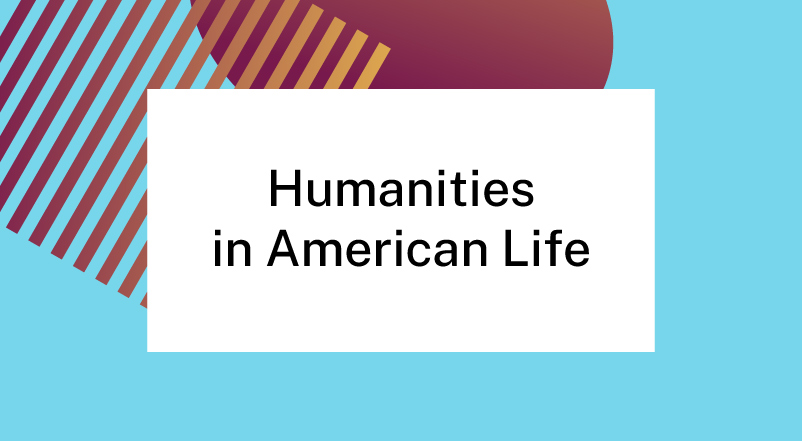‘Chronic Catastrophe’: a New Podcast from California Humanities Emerging Journalist Fellows
by Sydney Boyd
 In her last semester at Santa Rosa Junior College (SRJC), Maritza Camacho found herself at a crossroads deciding whether to pursue journalism or public relations. That’s when an advisor recommended that she apply for an emerging journalist fellowship program. Months later, with a four-episode podcast about the impact of cumulative climate change on Sonoma County residents about to publish, Camacho said her perception of what journalism is has fundamentally shifted.
In her last semester at Santa Rosa Junior College (SRJC), Maritza Camacho found herself at a crossroads deciding whether to pursue journalism or public relations. That’s when an advisor recommended that she apply for an emerging journalist fellowship program. Months later, with a four-episode podcast about the impact of cumulative climate change on Sonoma County residents about to publish, Camacho said her perception of what journalism is has fundamentally shifted.
“Journalism is more than just writing and reporting, journalism is so much more than that,” Camacho said. “I feel like a lot of people think journalism is a lot about just reporting the facts, and that’s about it—and it is that, but it’s also telling the stories of people who can’t use their voice.”
Camacho is one of four students from SRJC in the 2021 Democracy and the Informed Citizen Emerging Journalist Fellowship Program cohort, a California Humanities competitive program that occurred at eight community colleges across the state. The program is part of the Democracy and Informed Citizen initiative, which is administered by the Federation of State Humanities Councils and supported by the Andrew W. Mellon Foundation.
Right from the start Camacho and the three other fellows at SRJC—Rebecca Bell, Lauren Spates, and Nick Vides—knew the story that they wanted to investigate.
“Sonoma County has always made the news because we’re always on fire—we’re known for being on fire, and that’s pretty sad, but it’s like the new normal now,” Camacho said, and while she noticed coverage of rebuilding and infrastructure, she saw a big piece of the conversation that’s been missing. “There’s not a lot of discussion of how we live it over, and over, and over again as a people.”
During the Tubbs Fire, a wildfire that ripped across Northern California in 2017, Camacho watched flames consume Coffey Park less than a mile from her house, and she said that 1,300 buildings burned down during that fire just in that neighborhood alone. In planning their fellowship project, Camacho, Bell, Spates, and Vides talked about how this was not just a single disaster that they’d face with their community for the next few years, but rather one in a cycle of vicious disasters stretching into the foreseeable future of the county they called home.
“I took it really personally,” Camacho said. “I go through this all the time, and I’m not ok, and my family isn’t ok—my friends and family that have lost their homes, they aren’t ok, and that’s what the media isn’t talking about, and that’s what we’re trying to do.”
While the story concept was clear, Camacho said they weren’t sure what form it was going to take. After compiling hours of video footage, in-depth research, and interviews with scholars and residents alike, they ultimately decided that a podcast would have the biggest impact and the widest reach. They titled the podcast “Chronic Catastrophe” and decided to structure each episode around the mental, physical, and psychological strain these disasters have—one episode focuses on how we cope and thrive, another on the physical effects that floods and fires have on the body and brain—all leading to the question of why people choose to stay in the face of recurring trauma and devastating loss.
“Ultimately, you have to question, is it worth it to risk our mental and physical health and our psyches to keep living in a place where disaster is kind of unrelenting,” Camacho said. “But you can’t run away from climate change, that’s kind of the whole gist of what ‘Chronic Catastrophe’ is about.”
Listen to Chronic Catastrophe here.
Photo Credit: California Humanities


